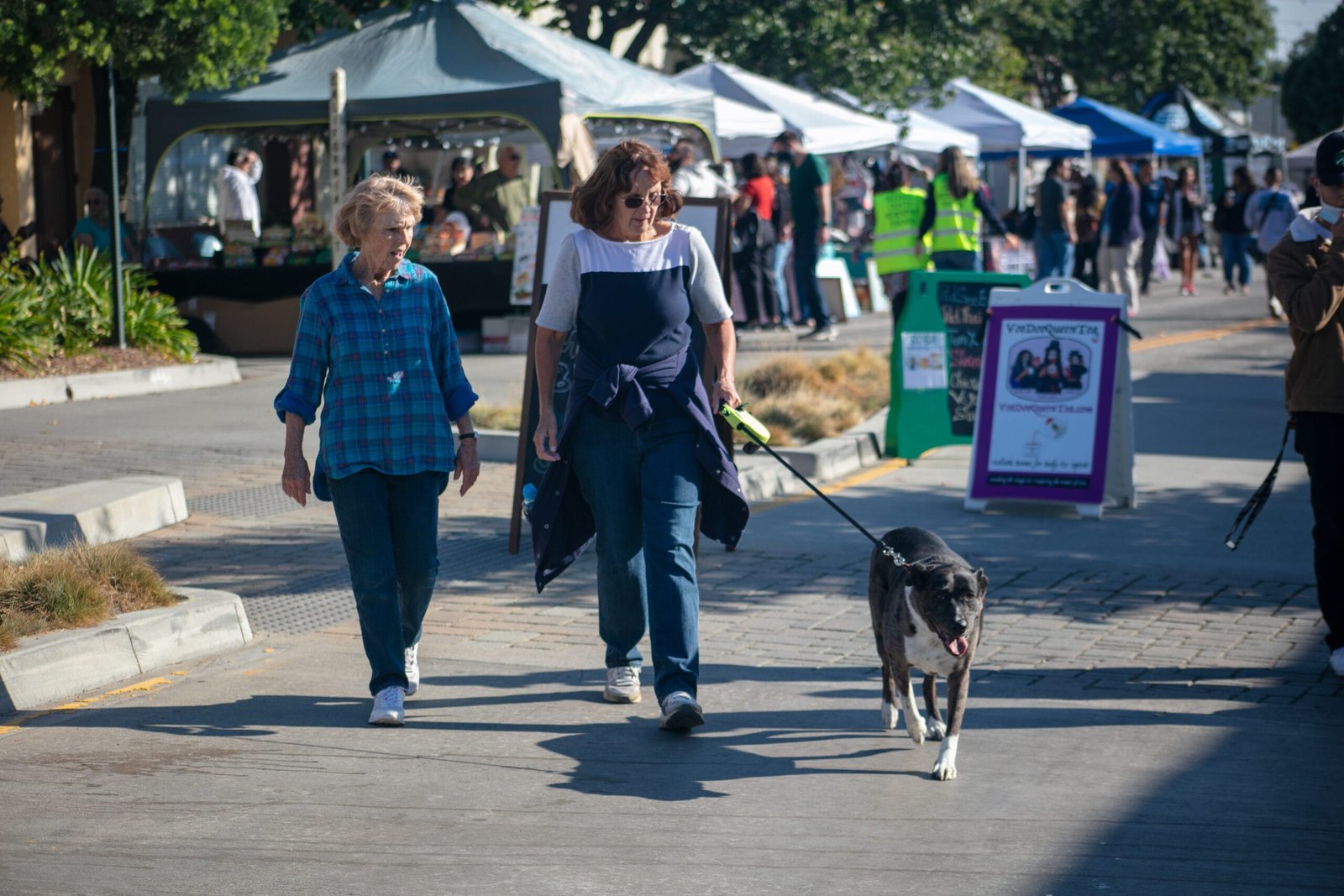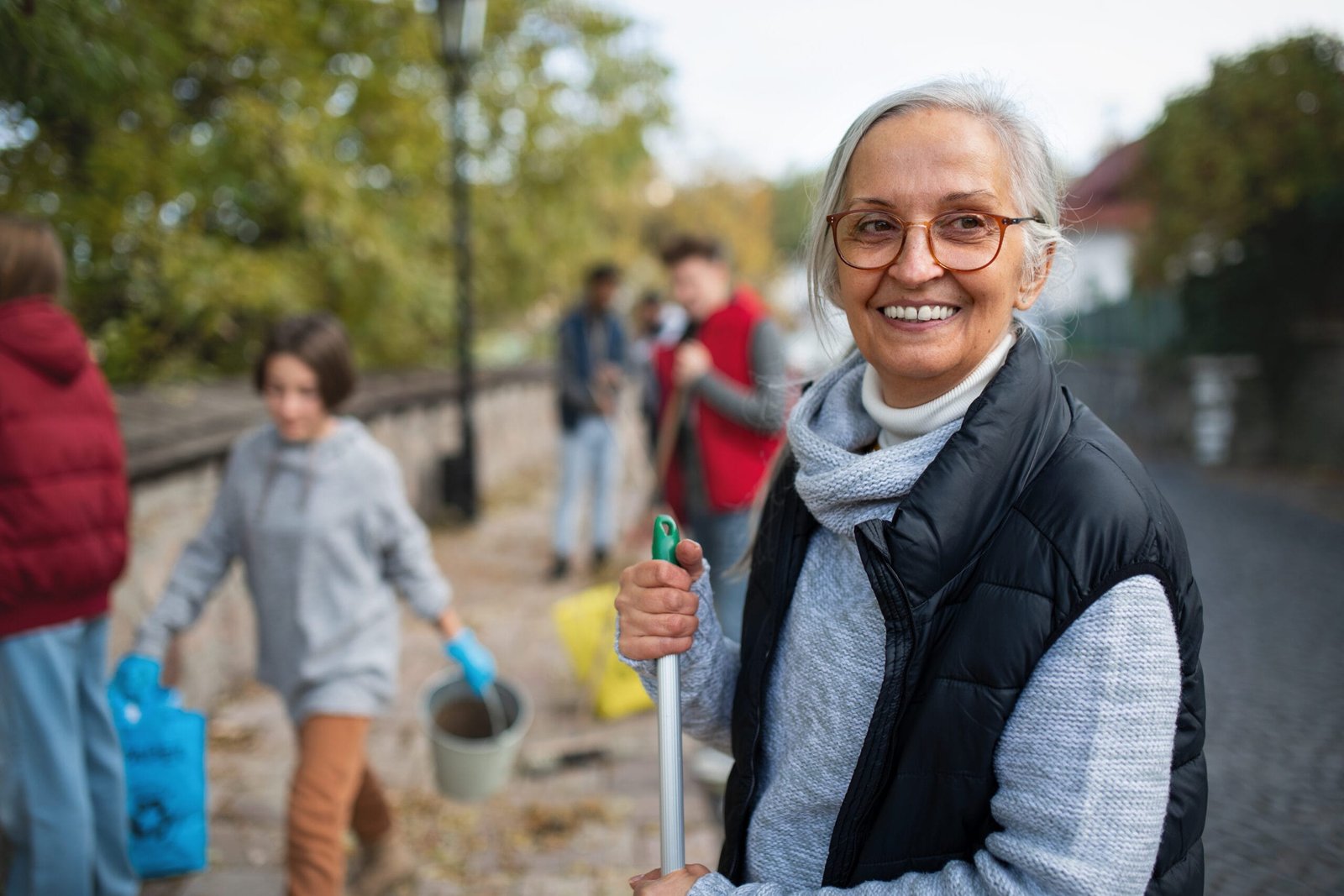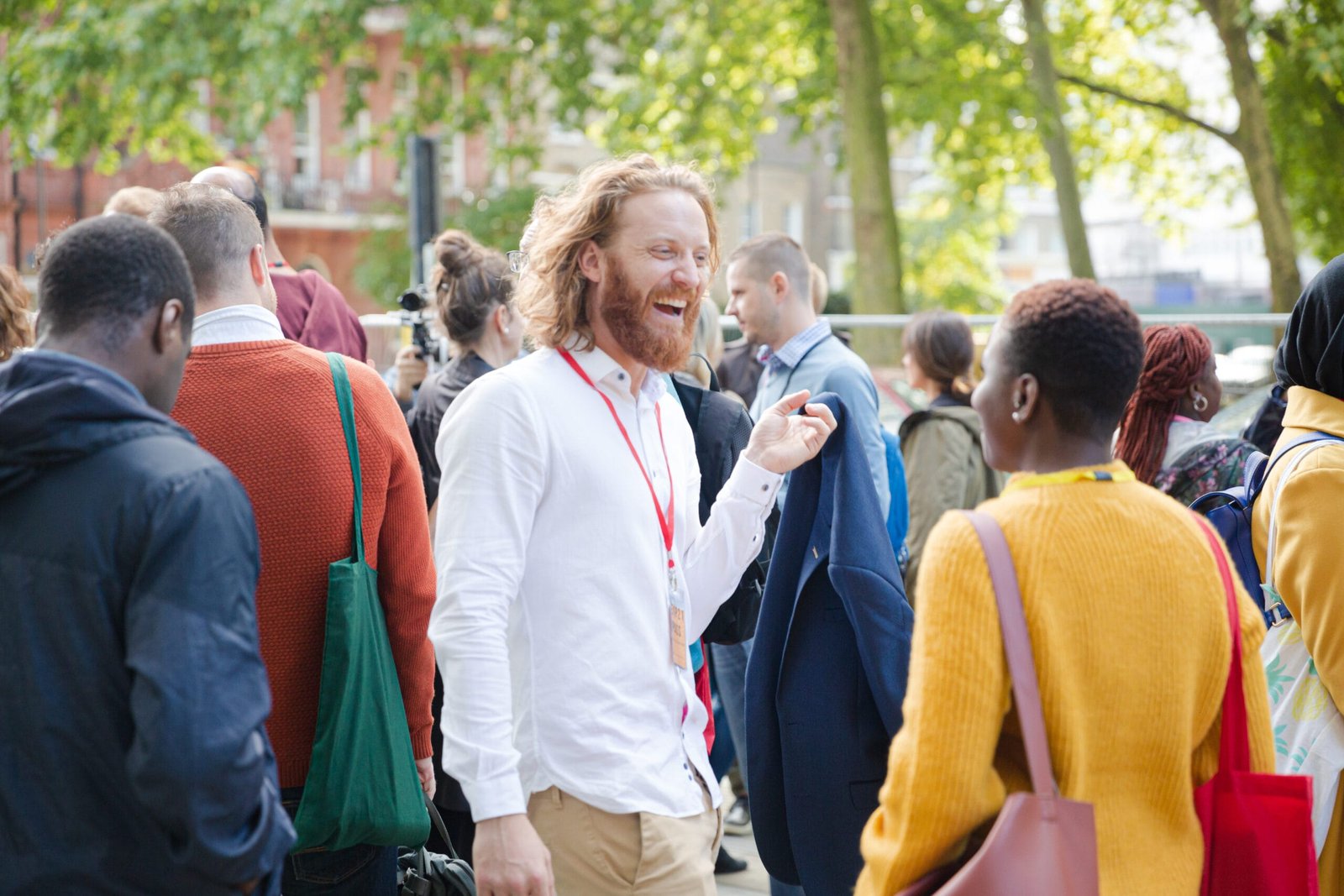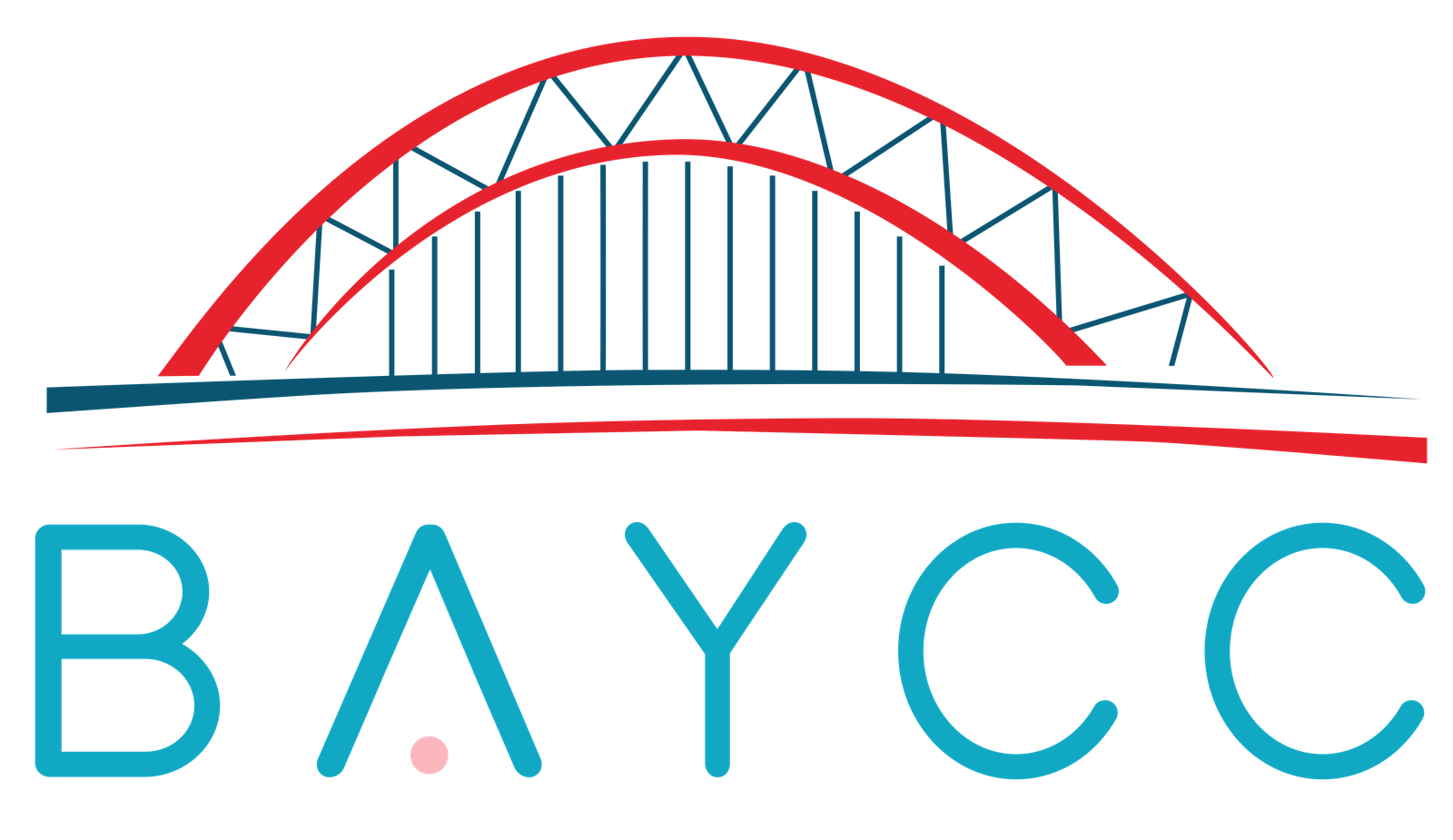About Us
Learn more about BAYCC’s mission, vision, and the values that guide our work in fostering education, community engagement, and youth empowerment. Discover our story and the impact we’ve made since 2002.
Mission, Vision, & Values
Our mission...
…is to improve the lives of youth, individuals, families and our communities through community engagement, education and youth services.
Our vision...
…is a community in which a variety of people from all walks of life interact with and influence each other and cooperate to serve their communities, thereby strengthening the community and promoting the growth of human values. Bay Area Cultural Connections champions diversity and inclusion as fundamental core values. We believe that a society full of different values, traditions, and ideas is a powerful way to embrace peace and equality.








Dignity for All
Every person deserves respect, equality, and the opportunity to thrive.
Commitment to Dialogue
Communication and mutual understanding are essential for peace.
Sustainability for the Future
Protecting the environment and ensuring its preservation for generations to come.
Celebration of Diversity
We view cultural, religious, and personal differences as sources of richness and strength.
Service to Humanity
Giving back to society is a moral and spiritual duty.
Education as a Catalyst for Change
Learning and teaching are the cornerstones of individual and community development.
Who We Are
Education
BayCC offers a variety of educational programs, including weekend school, home school, seminars, workshops, tutoring, and cultural courses. These initiatives promote intellectual growth, instill universal human values, and empower individuals from all backgrounds to achieve their full potential.
Community Engagement
BayCC fosters connections and mutual understanding through dialogue sessions, cultural festivals, trips, and communal dinners like Thanksgiving and Ramadan. By hosting academic panels and engaging in activities supporting children and youth in shelters or experiencing homelessness, BayCC creates inclusive spaces that promote empathy, celebrate diversity, and provide care for those in need.
Youth
Youth are the future, and BayCC is committed to empowering them through mentorship, community service, and educational workshops on career planning, life skills, and more, fostering confidence, leadership, and social responsibility to help them thrive and achieve their potential.
Empowering Youth
Engaging Communities
Enriching Minds
Empowering Youth
Engaging Communities
Enriching Minds
Who We Serve

One of BayCC’s core values is celebrating diversity. We organize a wide range of social and cultural activities aimed at:
- Strengthening connections between individuals from different cultures and traditions.
- Promoting mutual understanding by encouraging dialogue and shared experiences.
- Fostering respect and appreciation for the rich tapestry of cultural heritage within our community.
- By creating opportunities for interaction and collaboration, we aim to break down barriers and build a foundation of trust and friendship among all members of society.

Starting a new life in a foreign country can be overwhelming. BayCC is committed to helping newly arrived immigrants navigate these challenges by providing:
- Essential resources such as housing referrals, job search assistance, and access to community services.
- Language and cultural orientation programs to ease their transition into a new environment.
- Community connections to ensure they feel welcomed and supported.
- Our goal is to empower immigrants to integrate smoothly and confidently into their new communities.

BayCC recognizes the unique challenges faced by immigrant families and children. We offer tailored programs, including:
- Weekend schools that provide educational support and cultural enrichment.
- Seminars and workshops to address topics such as parenting, academic success, and cultural adaptation.
- Social activities to help families build friendships and feel a sense of belonging.
- Through these efforts, we nurture the academic, social, and emotional well-being of immigrant families, helping them thrive in their new homes.

BayCC is deeply committed to supporting some of the most vulnerable members of our community. For foster youth and those experiencing homelessness, we provide:
- Meal services to meet their immediate nutritional needs.
- Emotional support through interaction and communication.
- Social engagement activities that foster a sense of community and hope.
- Whether it’s a child in a shelter or a young adult struggling on the streets, we aim to address their physical, emotional, and social needs with compassion and care.

Youth are the future of our community, and BayCC is dedicated to guiding and empowering them. We offer:
- Mentorship programs to help youth develop confidence, resilience, and leadership skills.
- Community service opportunities to encourage civic engagement and social responsibility.
- Educational workshops on topics such as career planning, college preparation, and life skills.
- By providing knowledge, guidance, and opportunities, we help young people integrate successfully into their communities and realize their full potential.
Board of Directors
Our Team
Our Impact
..are touched every year through our diverse programs,
fostering education, providing vital services,
and promoting unity.
…are educated every year through our weekend schools and home school programs
…experiencing homelessness or in foster care were served through our efforts.
..are engaged every year in meaningful dialogue and collaboration through our interfaith programs.
..find joy and growth every year through our winter and summer retreats.
Statements & Releases
FAQ

BAYCC stands for Bay Area Cultural Connections. We are a nonprofit organization committed to fostering education, youth empowerment, and community engagement through diverse programs and initiatives.
BAYCC is based in Northern California, and we serve individuals and families from all backgrounds across the Bay Area and beyond.
You can get involved by volunteering, attending our programs, participating in events, or supporting us through donations. Visit our “Get Involved” page for more information.
BAYCC offers programs in three main areas:
- Education: Weekend School, Home School, Career Fair, and more.
- Community Engagement: Outreach programs, interfaith initiatives, and retreats.
- Youth Empowerment: Mentorship, YouthLink, and leadership activities.
Most of our programs are free or offered at a minimal cost to ensure accessibility for everyone.
Donations are used to fund our programs, events, and outreach efforts, including educational initiatives, youth activities, and community support services.
Yes, BAYCC is a 501(c)(3) nonprofit organization, and all donations are tax-deductible. You will receive a receipt for your contribution.
Absolutely! Our online donation system allows you to set up one-time or recurring donations securely and easily.
You can reach out to us via our Contact Page or email us directly at [insert email address] for program-specific inquiries.
Yes, we actively collaborate with nonprofits, businesses, and community organizations to expand our impact.
You can stay informed by subscribing to our newsletter, following us on social media, or regularly checking our News and Events pages.
You can register for events through our Events Page on the website, where you’ll find event details and registration links.
Financial Documents
Who make BAYCC possible...
Our Partnerships & Sponsors







Scholarships
We’re thrilled to provide financial support to committed full-time students in Northern California who are college-bound high school seniors, ESL students, or attending a United States-accredited college or graduate program.
We have two scholarship programs:
BAYCC Mentorship Program
BAYCC Scholarship Program

